Professor and Principal Investigator
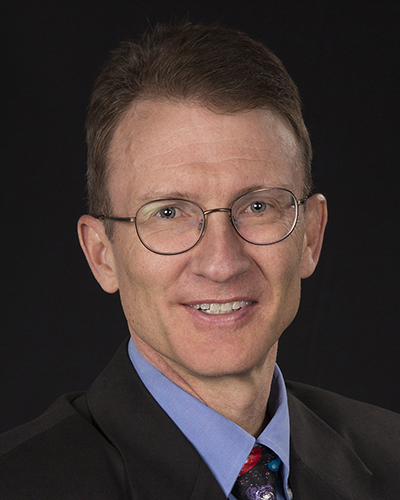
Roger Wiens
Email: rwiens@purdue.edu
Roger was a developer and Flight Payload Lead of NASA’s Genesis cosmochemistry mission. Subsequently, he developed and led exploration with the ChemCam laser remote sensing instrument for the Curiosity rover (landed 2012). He now leads the SuperCam instrument team on the Perseverance rover (landed 2021). With its international team, SuperCam uses three spectroscopy techniques, a microphone, and high-resolution imaging to study remote targets. Dr. Wiens is a Senior Fellow of Los Alamos National Laboratory (LANL). In 2016, he was knighted by the government of France for “forging strong ties between the French and American scientific communities” and for “inspiring many young, ambitious earthlings.” He holds an honorary doctorate from the University of Toulouse and is the namesake of Asteroid 41795 WIENS. His book, Red Rover: Inside the Story of "Robotic Space Exploration from Genesis to the Mars Rover Curiosity (Basic Books, 2013), describes for the public his teams’ earlier space adventures.
Roger Wiens holds Physics degrees from Wheaton College and the University of Minnesota. His thesis was on the composition of the Mars atmosphere measured in the laboratory in Martian meteorites. Roger moved from LANL to Purdue to join the EAPS faculty in 2022.
Research Scientist
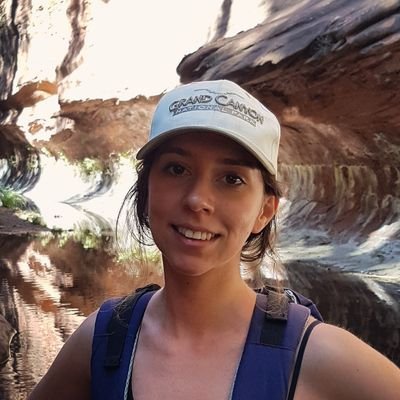
Candice Bedford
Email: cbedford@purdue.edu
Candice is a geochemist and mineralogist interested in planetary surface processes on the Earth and Mars. Most of her current research involves the use of Laser Induced Breakdown Spectroscopy (LIBS) by the Curiosity rover’s ChemCam instrument and the Perseverance rover’s SuperCam instrument on Mars to investigate the geological history of Mars. She also does a lot of research in Iceland, a place that is mineralogically similar to Mars, to ground-truth our hypotheses for Mars and test how useful different analytical instruments and instrument techniques are for future missions to other planetary bodies. Her research interests are geochemistry, mineralogy, volcanism, aeolian processes, fluvial processes, and astrobiology.
Graduate Researchers
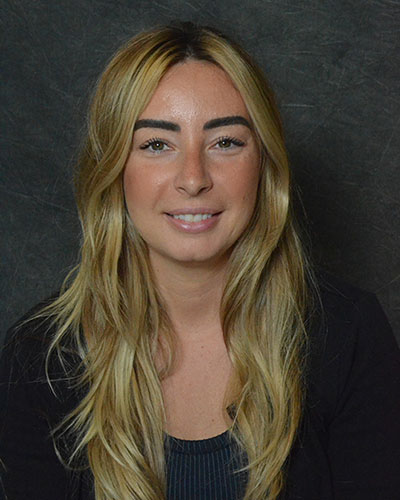
Stephanie Connell
Email: Connel47@purdue.edu
Stephanie Connell received her Bachelor of Science at the University of Winnipeg in Environmental Studies and Sciences focused on Global Environmental Systems. During her undergrad, Steph worked at the Centre for Terrestrial and Planetary Exploration and conducted research in the field of planetary science in spectroscopy, mineralogy, Mars habitability, and rover analog missions at Mars and lunar relevant sites. Stephanie also participated in a student-led space mission using a 3-U CubeSat for a low-Earth orbit geological experiment. During her time at the U of W, Steph joined the Mars2020 science team and became involved in various roles for Perseverance doing Mars rover operations. Currently, Stephanie is continuing her work with Mars2020 doing rover operations for Dr. Roger Wiens and will use data from the SuperCam instrument to observe the chemistry and mineralogy of rocks and “soils” on the surface of Mars.
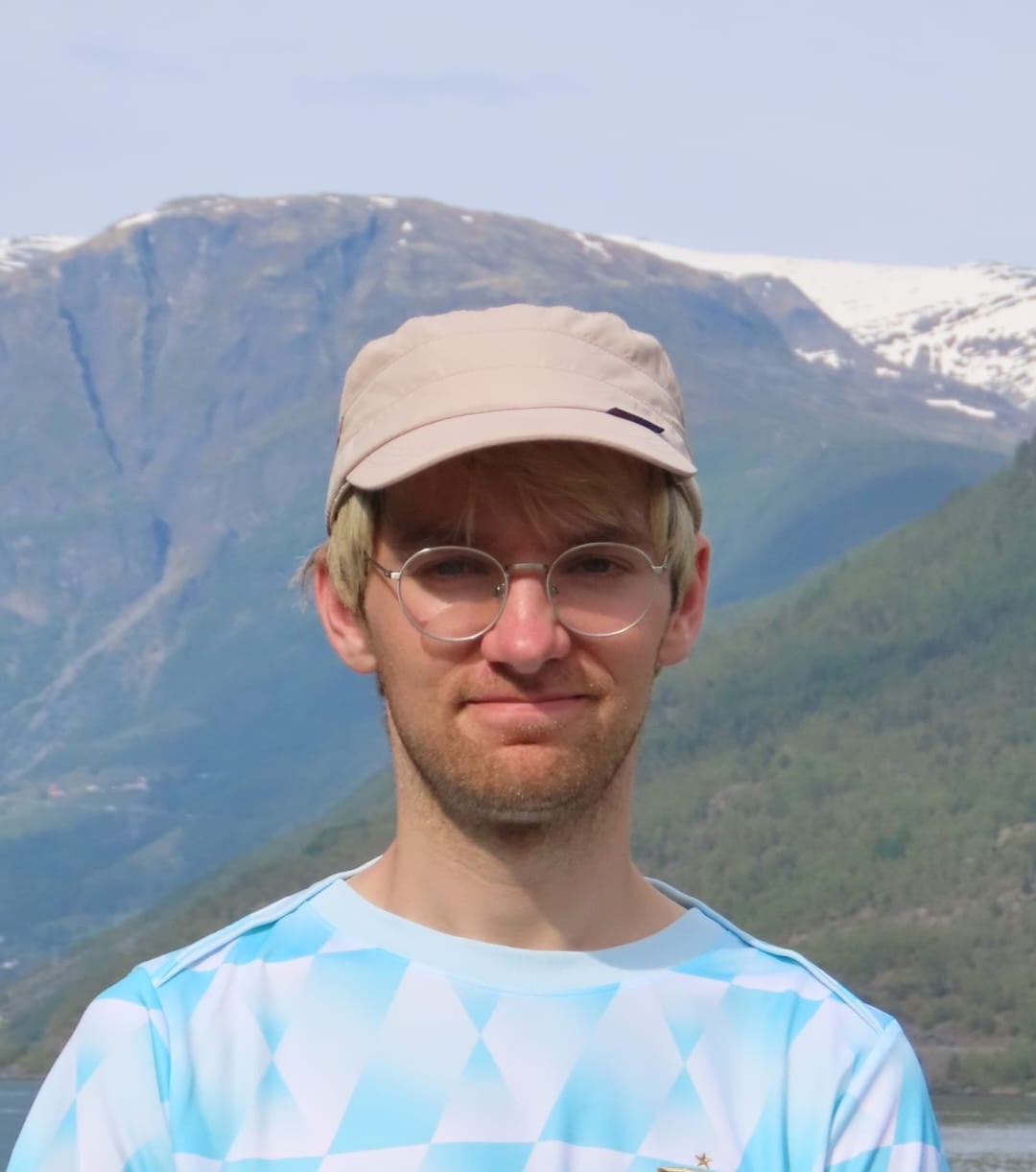
Henry Manelski
Email: Hmanelsk@purdue.edu
Henry received his BSc from Columbia University in Applied Mathematics in 2022. Currently, he is a PhD candidate working with Professor Roger Wiens on exploring Martian geochemistry using LIBS and VISIR spectroscopy as a member of the SuperCam science team. His research has focused on comparing LIBS and visible reflectance spectroscopy on Mars, using LIBS plasma diagnostics to explore the fundamental assumptions of SuperCam's elemental calibration, and investigating trace metal enrichments in Jezero Crater. Outside of research, he enjoys language learning and stargazing.
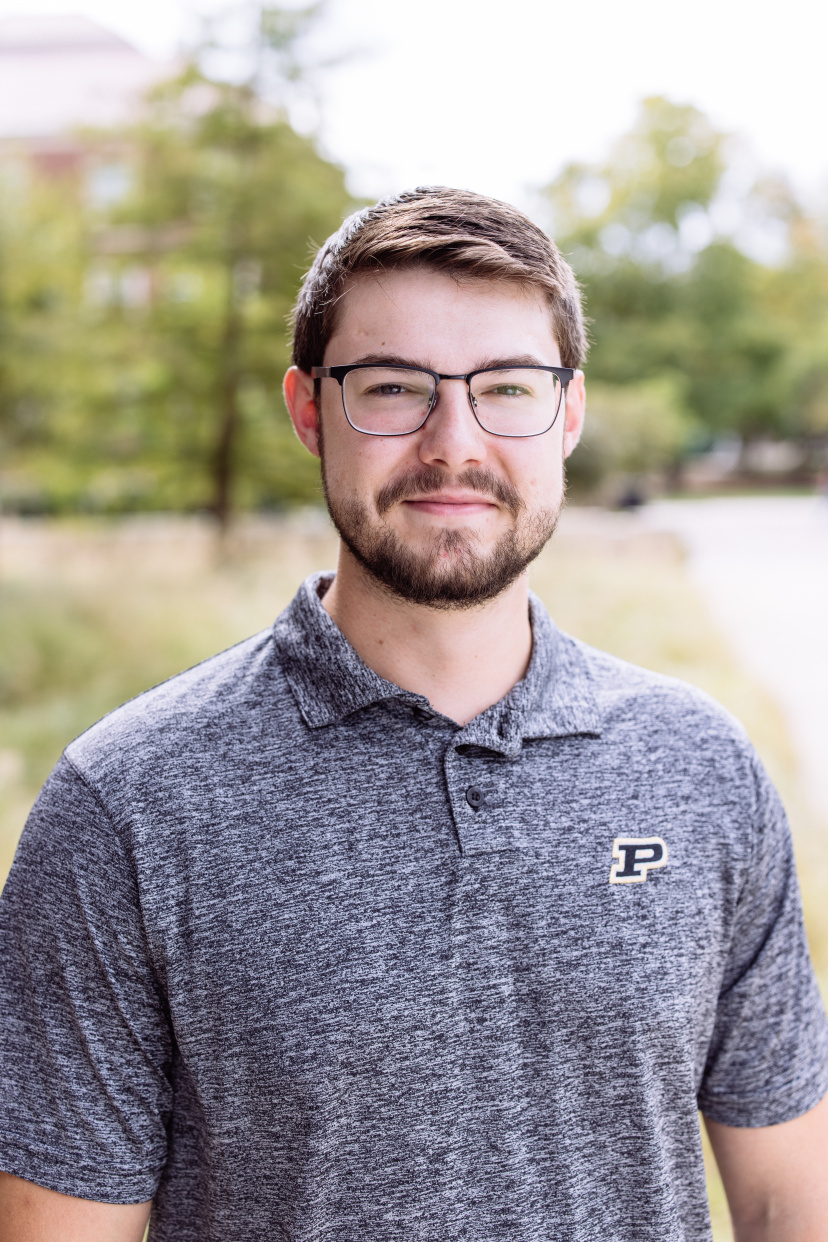
Noah Martin
Email: mart1707@purdue.edu
Noah received his Bachelor of Science in Aeronautical and Astronautical Engineering from Purdue University in 2023, with a concentration in astrodynamics and space applications and a minor in Earth, Atmospheric, and Planetary Sciences. During his undergraduate degree, Noah held multiple undergraduate research positions, including the Purdue Summer Undergraduate Research Fellowship, and earned his private pilot license at the Purdue University airport. Noah joined the Mars2020 team in the summer of 2022 through an internship at Los Alamos National Laboratory (LANL) and became involved in rover operations and various SuperCam science projects. Following his graduation in 2023, Noah returned to LANL for a year-long post-bachelor position, in which he continued rover operations and SuperCam science. Currently, Noah is continuing his work with Mars2020 as a PhD student working with Dr. Roger Wiens on space instrumentation development and uses. His research is focused on the effects of Martian “soils” on LIBS spectra and acoustic responses, as well as the development of the optical system for the OrganiCam instrument. Outside of research, Noah enjoys flying, stargazing with his telescope, and hiking.

Dong Jae Lee
Email: djae1227@gmail.com
DJ (Dong Jae) completed his B.S. with a double major in Earth Science and Computational Science from Seoul National University, Korea. He worked as a polar researcher at the Korean Polar Institute, including being stationed for more than a year in Antarctica as a overwinter team for the King Sejong Base. Currently, DJ is focused on Micro LIBS, ML assisted remote sensing and data science applications for planetary science including instrument development. He played baseball in college and enjoys traveling to random places to play poker.
Former Group Members
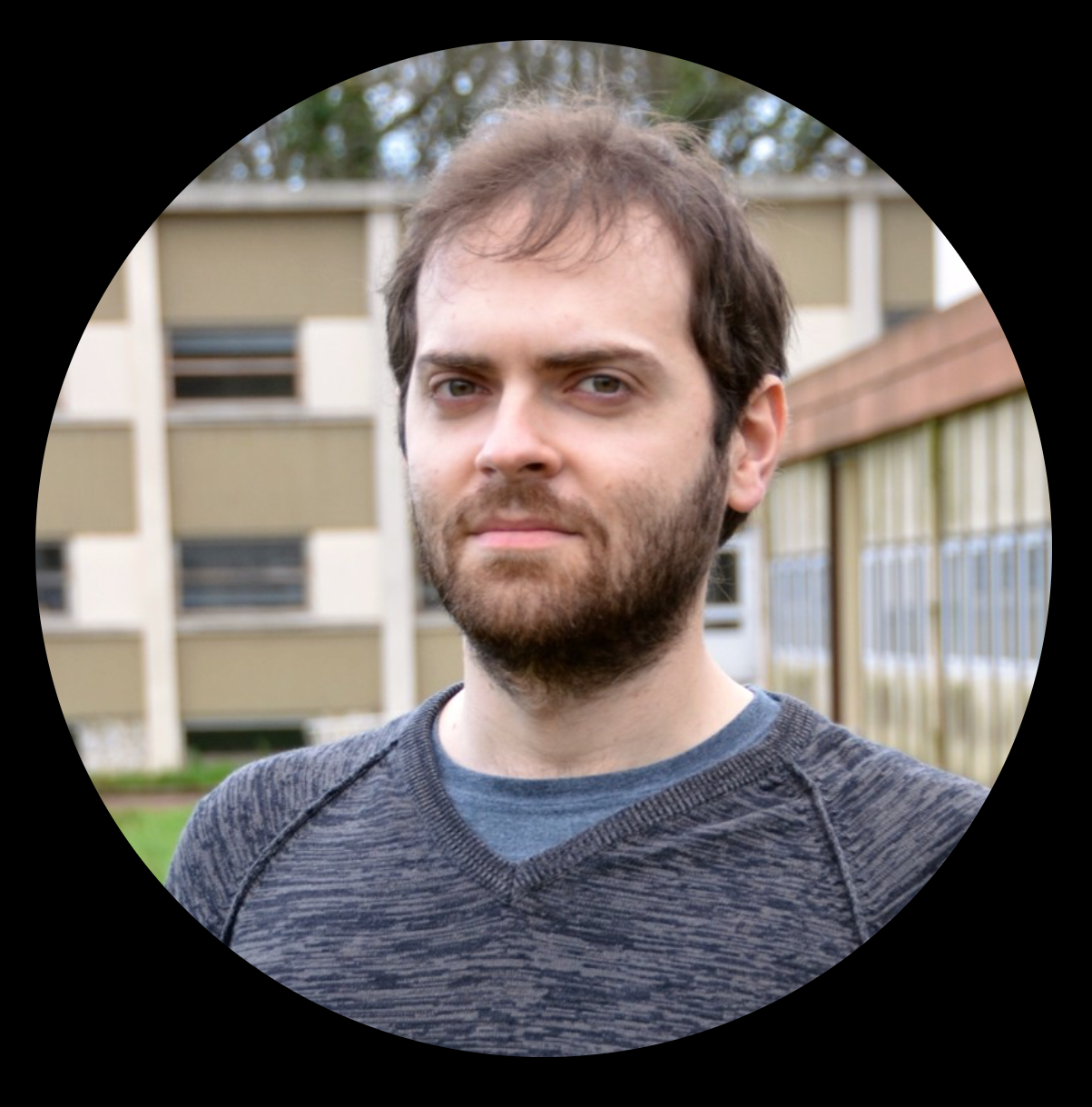
Clement Royer
Postdoctoral researcher (2022-2023)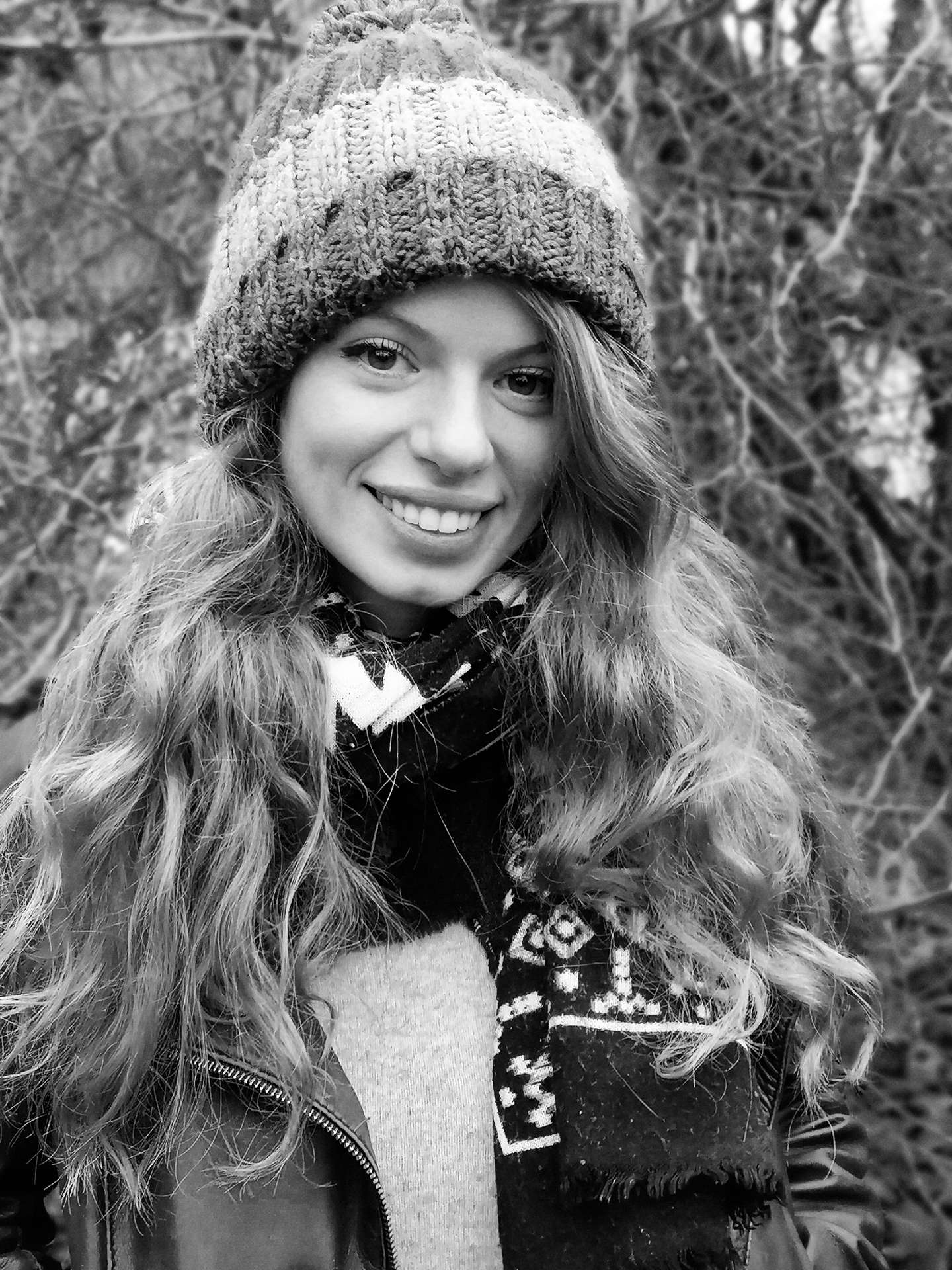
Lucia Mandon
Visiting scientist (May-August 2023)